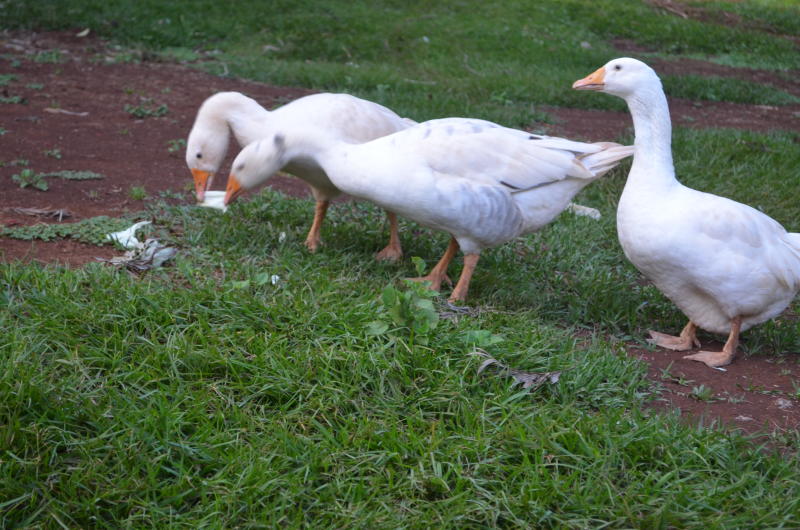×
The Standard e-Paper
Home To Bold Columnists

When Sammy Onyango started raising geese as a hobby three years ago, he had no idea that he could make good money while at it.
He had previously reared ducks and turkeys but decided to try his hand at goose farming after buying a gander (a male goose) and two geese while travelling from Nairobi to Kisumu back in 2018.







